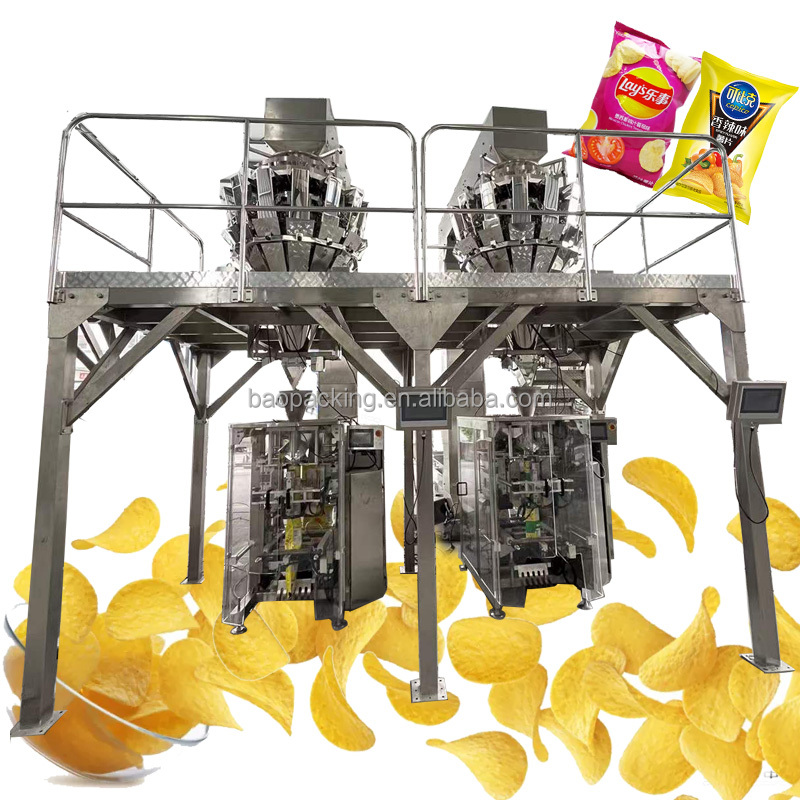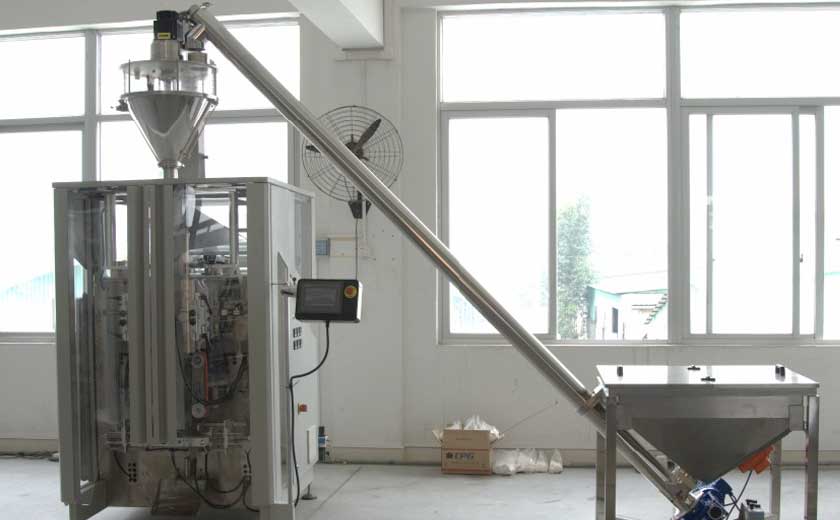Customizing Your Semi-Automatic Weight Machine for Different Products
In today’s competitive manufacturing landscape, efficiency and accuracy are paramount. Semi-automatic weight machines offer a cost-effective solution for weighing and packaging various products. However, to maximize their productivity, it is essential to customize these machines to specific product requirements. This article explores the different aspects of customizing semi-automatic weight machines to optimize their performance for diverse products.
Product Size and Shape
The size and shape of the product significantly influence the customization of the weight machine. Larger products require a wider conveyor belt and weigh pan to accommodate their dimensions. For oddly shaped products, specialized fixtures or guides may be necessary to ensure proper alignment and accurate weighing.
Product Weight Range
The weight range of the products to be packaged determines the load cell capacity and accuracy of the weight machine. High-weight products require a machine with a higher load cell capacity, while low-weight products benefit from a higher accuracy scale.
Packaging Requirements
Different products have different packaging needs. The weight machine can be customized to accommodate various packaging materials, such as bags, boxes, or containers. The machine can be equipped with a filling system to automate the packaging process and reduce manual labor.
Integration with Existing Systems
For seamless integration into existing production lines, the semi-automatic weight machine can be customized to communicate with other equipment, such as conveyor systems or labeling machines. This integration ensures efficient data transfer and automated processes.
Sanitary and Safety Features
In industries where hygiene is critical, such as food or pharmaceutical manufacturing, the weight machine’s sanitary design is paramount. Stainless steel construction, water-resistant components, and easy-to-clean surfaces ensure compliance with industry regulations and prevent contamination.
Data Collection and Analysis
Advanced semi-automatic weight machines can be equipped with data collection capabilities. This data can be used for quality control, process monitoring, and optimizing machine performance. Features such as statistical process control (SPC) and real-time data visualization provide valuable insights to improve efficiency and reduce errors.
User Interface and Training
A user-friendly interface is essential for efficient operation of the weight machine. Customization can include touchscreens with intuitive menus, clear displays, and multilingual support. Comprehensive training programs ensure that operators are proficient in using the machine, minimizing downtime and maximizing productivity.
Customizing semi-automatic weight machines for different products is crucial for optimizing their performance and maximizing productivity. By considering factors such as product size, weight range, packaging requirements, integration needs, sanitary features, data collection capabilities, and user interface, businesses can tailor their machines to meet specific product requirements. This customization ensures efficient weighing and packaging processes, reduces errors, and enhances overall manufacturing operations.
-

Overview of Packaging Machine Buying Guides
08-01-2024 -

How Does a Vertical Form Fill Seal Machine Work?
30-10-2023 -

Advancements in Auger Powder Filling Technology
27-10-2023 -

A Deep Dive into Automatic Packaging Machines
26-10-2023 -

The Revolutionary Fully Automatic Potato Chips Packaging Machine
20-09-2023 -

How to choose the right packaging machine?
23-08-2023 -

Reducing Waste And Maximizing Yield With Multihead Weigher Machines
15-03-2023 -

Nuts Packaging Machine for Dry Products Perservation
26-11-2022 -

Is Automated Biscuit Packaging Machine Better Than Manual Opeartion?
25-11-2022





